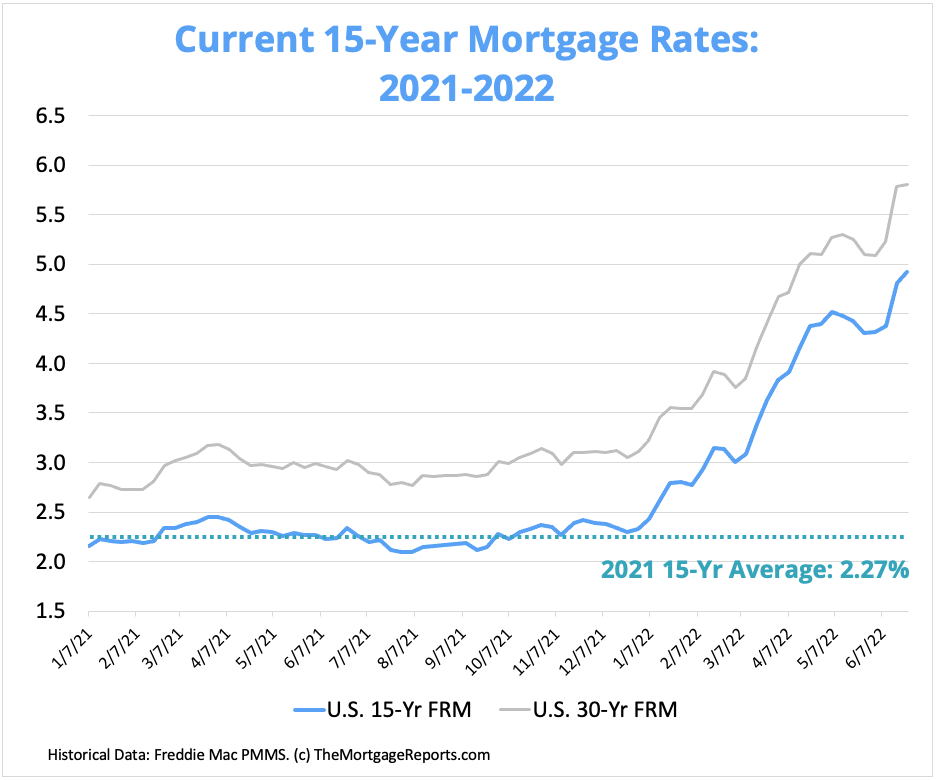
Introduction
As the Canadian housing market continues to evolve, understanding mortgage trends becomes crucial for home buyers and investors alike. With fluctuating interest rates, changing government policies, and an increasingly competitive market, the landscape of mortgages in Canada is more complex than ever. This article explores the current trends in mortgages, offering insights that are relevant for potential home buyers, homeowners looking to refinance, and real estate investors.
Current Mortgage Landscape
According to the Canada Mortgage and Housing Corporation (CMHC), the Canadian housing market has seen a significant shift in mortgage demand over the past year. As of October 2023, the average mortgage interest rate has risen to about 6.79%, significantly higher than the record low rates experienced during the pandemic. This increase is largely attributed to the Bank of Canada’s efforts to combat inflation, which reached a peak of 8.1% last year.
The rise in interest rates has had a direct impact on home affordability. Many potential buyers are now finding it more challenging to enter the housing market due to higher monthly payments, causing a slowdown in housing sales. The Royal Bank of Canada (RBC) recently reported a decrease in home sales by 20% year-over-year, as many first-time buyers are holding off until they can better assess their financial situations.
Government Initiatives
To combat the effects of rising interest rates and declining affordability, the Canadian government has introduced new initiatives aimed at supporting home buyers. The First-Time Home Buyer Incentive program, which allows eligible buyers to reduce their mortgage burden by receiving financial assistance from the government, continues to be effective but requires buyers to navigate its complexities. Moreover, various provinces are discussing the implementation of tax reliefs to ease the burden on new homeowners.
Future Predictions
Looking ahead, experts predict that the mortgage market will continue to fluctuate in response to economic conditions. Many foresee a potential stabilization of interest rates in 2024, but others warn that geopolitical events and domestic economic performance may still lead to volatility. Buyers are encouraged to stay informed and consider locking in fixed rates where possible, as variable rates may increase further.
Conclusion
In conclusion, navigating the current mortgage landscape in Canada requires a careful approach and an understanding of prevailing trends. With increasing interest rates and changing buyer dynamics, it is essential for potential home buyers to do their research and seek professional advice. Engaging with knowledgeable mortgage brokers can provide valuable insights and strategies to secure favorable financing options. The continued evolution of the housing market emphasizes the importance of staying informed in order to make well-informed decisions in a fluctuating market.



